Since Houthi rebels took hold of the FSO Safer, floating storage and offloading vessel for petroleum moored north of the Yemeni port city of Hodeidah, the Red Sea has been on the verge of many environmental catastrophes.

Dire Warning
In a tweet congratulating the Egyptian government on the Suez Canal reopening last week, Yemen's de facto president, Mohammed Ali al-Houthi, warned of an escalating situation if the decaying 44-year-old vessel's hull integrity were breached.
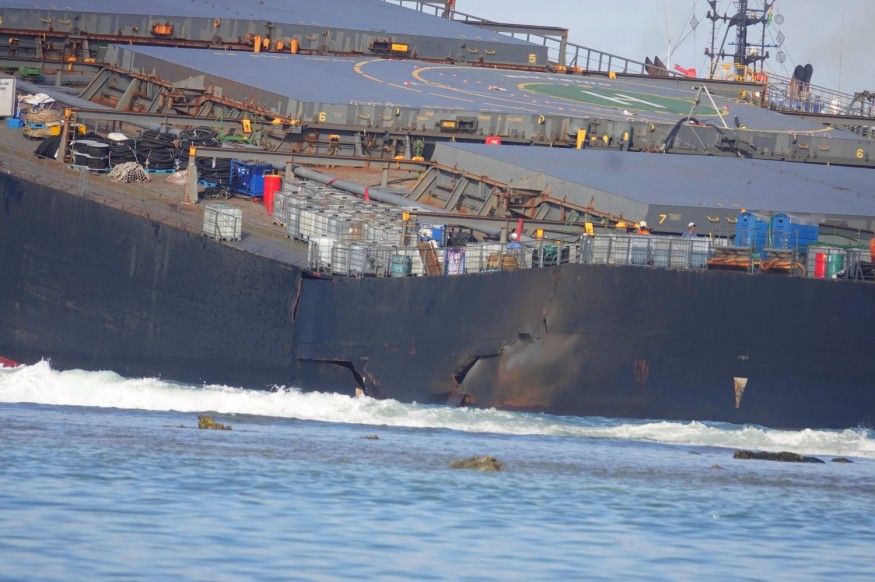
"The Safer contains 1.1 million barrels of oil [one barrel is 42 US gallons], according to Rachel Shelley, a senior environmental science research associate at the University of East Anglia and a former South Sinai resident," she told The Media Line. This is almost four times the amount of oil spilled by the Exxon Valdez in 1989, which wreaked havoc on Alaska's Price William Sound."
Bigger than Previous Oil Spills
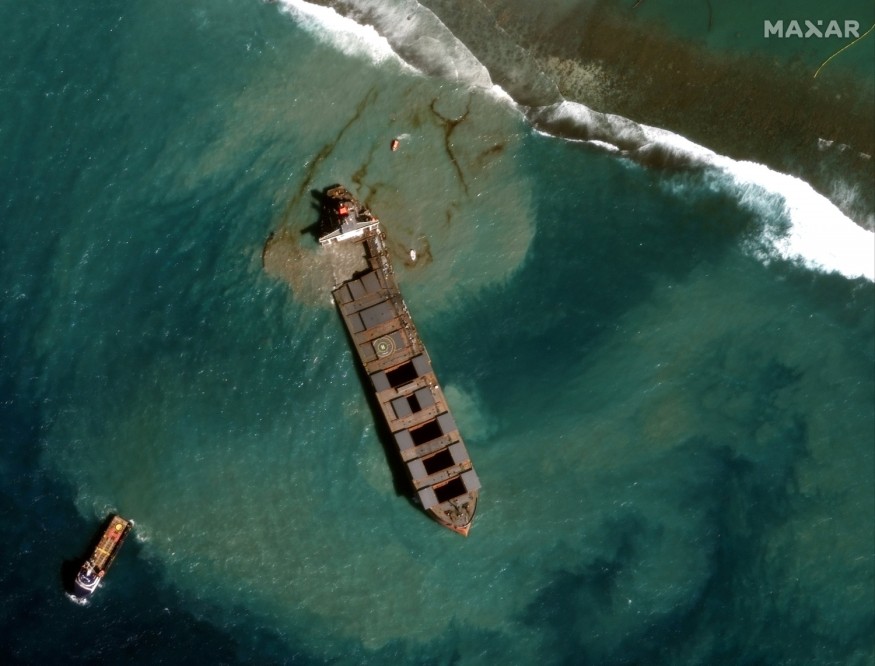
During the Mauritius oil spill, rescuers were able to flush out the majority of the oil on board the MV Wakashio, but 1,000 [metric] tons [approximately 7,330 barrels] of oil spilled into the sea, destroying local corals, mangroves, dolphins, and whales, according to Nadine Wahab, founder of Eco-Dahab, a sustainable destination management company based in South Sinai, Egypt.
Since the Deepwater Horizon oil leak in 2010, BP only managed to recover 25% of the [4.9 million barrels of] oil released into the Gulf of Mexico. After the Exxon Valdez oil spill, only 10 to 15% of the [260,000 barrels of] marine oil was recovered, according to Wahab.
Red Sea Ecosystem
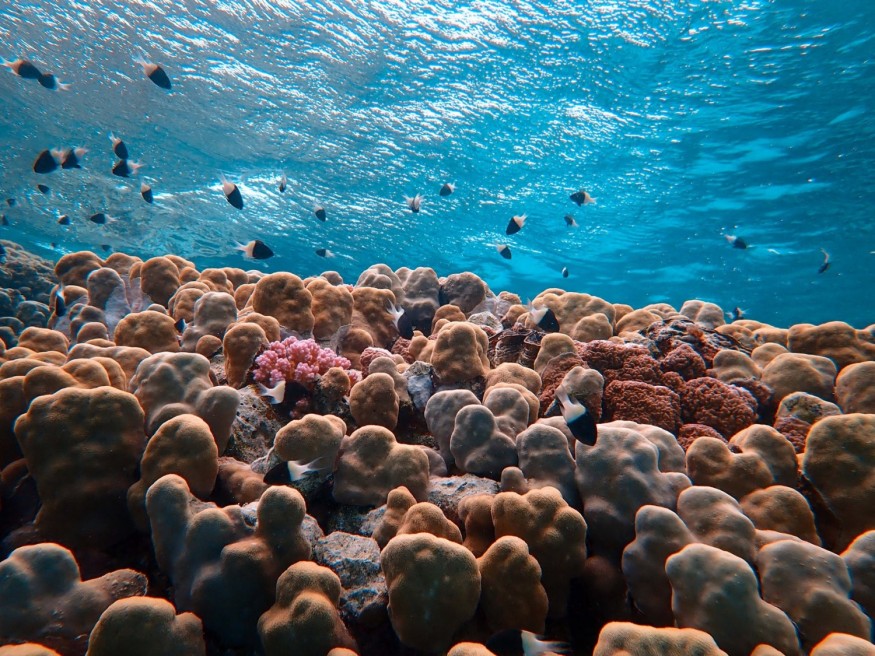
The Red Sea is home to five of the world's most endangered marine animals, including whale sharks, manta rays, dugongs, Napoleon wrasses, and turtles, as well as a plethora of other sharks, dolphins, and migratory birds.
"The importance of the Red Sea ecosystem cannot be overstated," Karine Kleinhaus of Stony Brook University's School of Marine and Atmospheric Sciences told The Media Line. The coral reefs of the northern Red Sea and Gulf of Aqaba are thought to be among the world's last reef communities to survive beyond the middle of this century.
UN Intervention
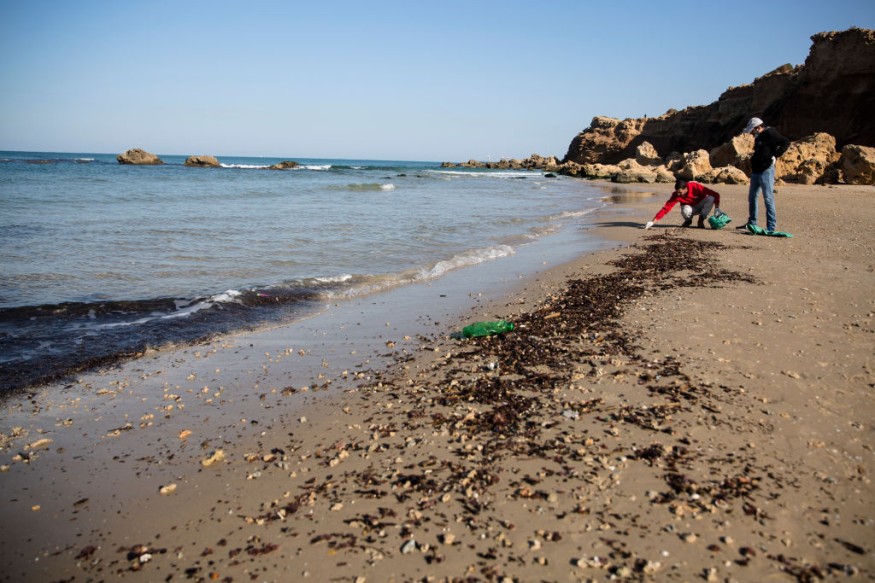
The UN's spokesperson, Stéphane Dujarric, declared on January 28 that the oil tanker inspection would be postponed until March, adding that "sticking to the current inspection schedule would focus on the Houthis' cooperation."
Houthi officials recommended that the UN suspend its plans after the UN committed $3.35 million to buy supplies and prepare for personnel deployment.
"Ansar Allah [Houthi authorities] recently declared plans to 'review' their permission for the long-planned mission and urged the United Nations to delay some preparations," Mark Lowcock, the UN undersecretary-general for humanitarian affairs and emergency relief coordinator, said in a briefing to the Security Council on February 18. This analysis has since been deleted. Unfortunately, we only found out about the study after a crucial deadline for deploying the squad in March had passed.
Possible Consequences
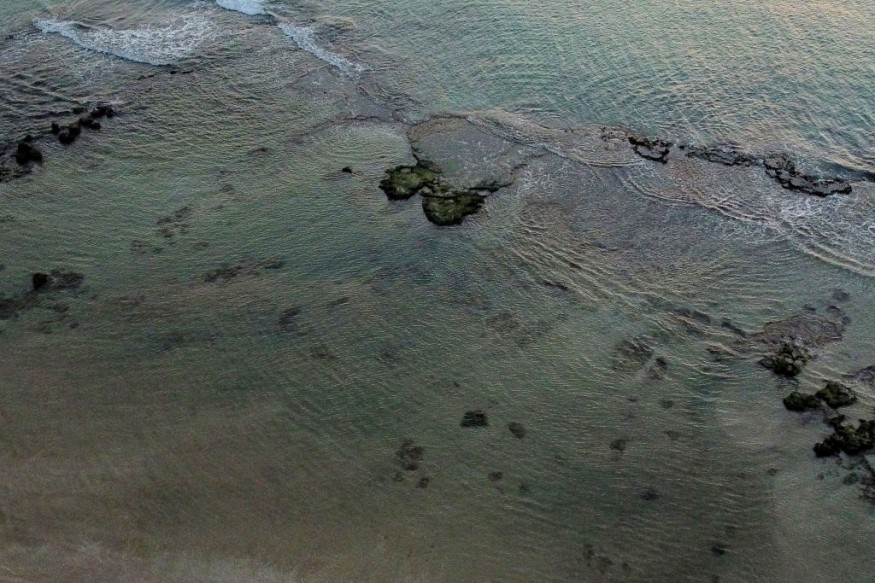
"Dahab is a small diving community," Wahab said. Visitors arrive from all over the world to see the reefs. The Red Sea and its marine environment are crucial to many populations' sustainability, especially those that rely on diving and water sports, such as Dahab. The spill could have a long-term effect on Egypt's tourism sales, which accounted for 12% of the country's GDP before the COVID-19 pandemic. We are seeing a slow-motion global crisis that will impact the livelihoods of 28 million people."
Also Read : After A Month of Nonstop Coastal Cleanup, Israel Oil Spill Emergency Finally Declared Over
For more environmental news, don't forget to follow Nature World News!
© 2025 NatureWorldNews.com All rights reserved. Do not reproduce without permission.





